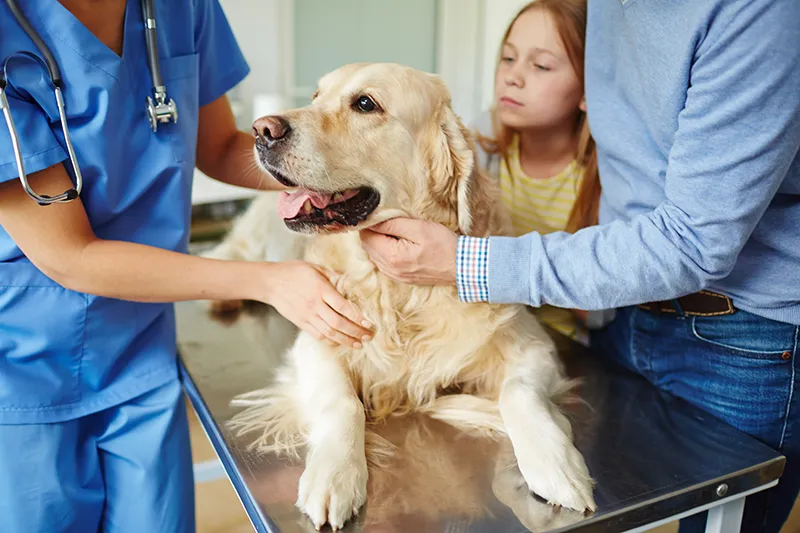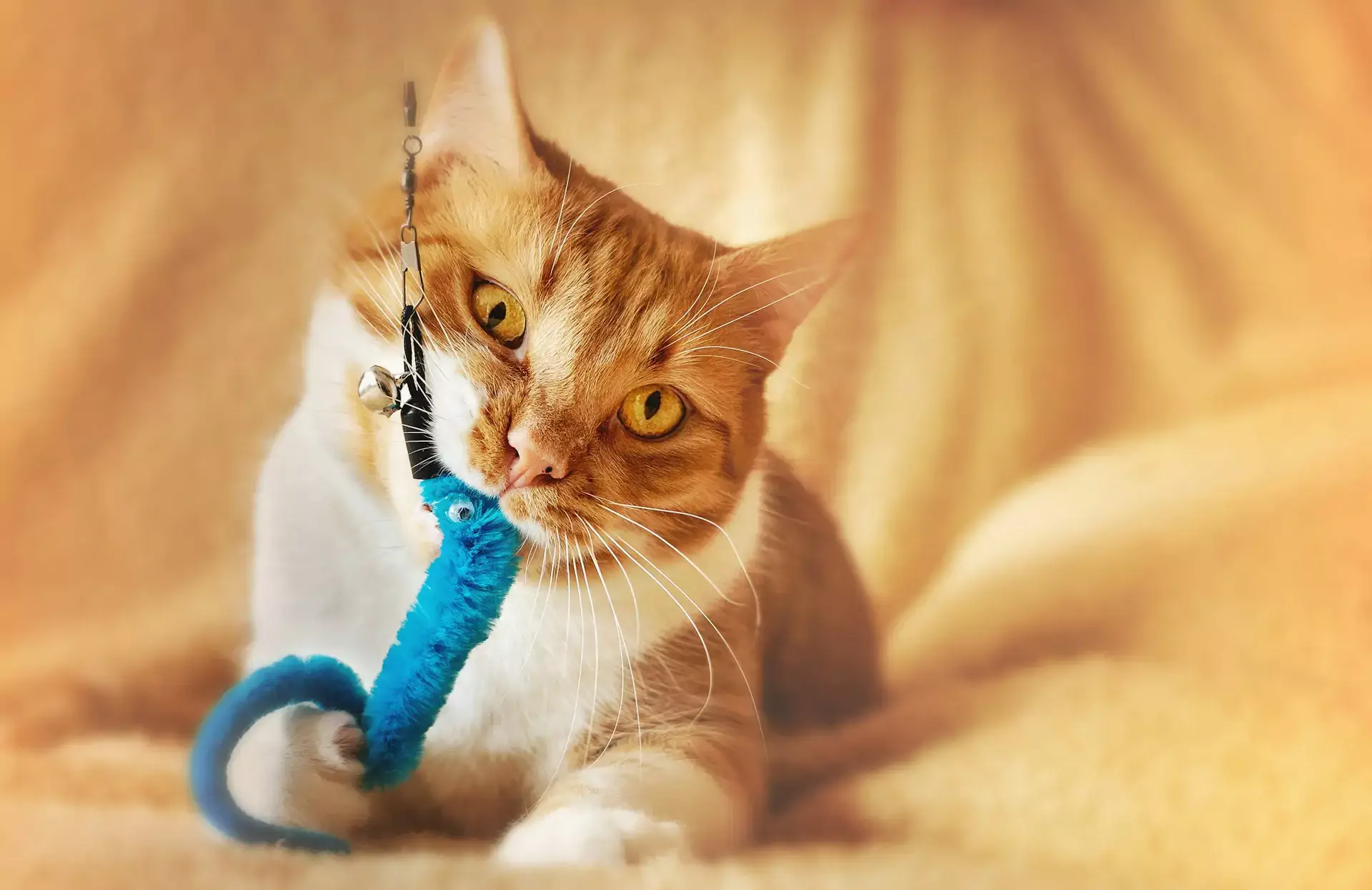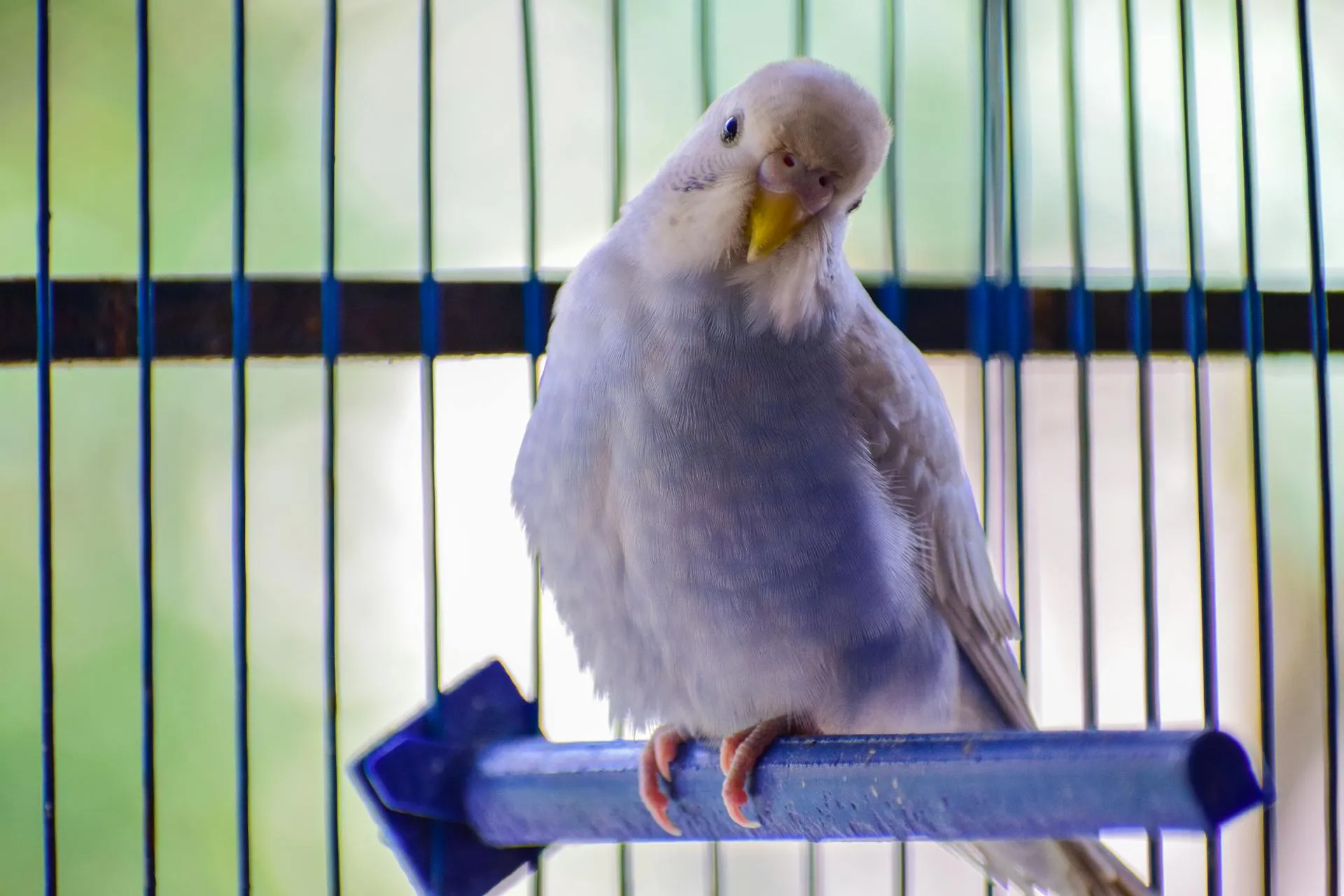Exotic pets, including reptiles, birds, small mammals, and other unique species, require specialized care compared to more traditional pets like dogs and cats. When it comes to critical care for exotic pets, fast action and understanding the specific needs of your pet are crucial. At Galena Animal Medical Clinic, your Galena, MD, animal hospital, we understand the unique challenges of caring for exotic animals, and we’re here to provide expert guidance on how to handle emergencies and critical situations for your exotic pet.
In this blog, we’ll explore the essentials of critical care for exotic pets, focusing on common emergency situations, how to recognize distress signals, and what you can do to provide the best care during a crisis.
Understanding the Needs of Exotic Pets
Exotic pets are not one-size-fits-all, and each species comes with its own set of requirements. Reptiles, birds, rodents, and other exotic animals all have different dietary needs, environmental conditions, and handling protocols. In an emergency situation, it’s vital to understand your pet’s baseline health and behavior to recognize when something is wrong.
Key Differences in Exotic Pet Care
- Temperature Sensitivity: Many exotic pets, like reptiles, are highly sensitive to temperature changes. A sudden drop or rise in temperature can cause stress, illness, or even life-threatening conditions like heatstroke or hypothermia.
- Feeding and Diet: Exotic pets may have very specific dietary requirements, including live food, special supplements, or unique types of plant matter. Feeding the wrong foods can lead to digestive issues or nutritional deficiencies.
- Habitat Conditions: Unlike traditional pets, exotic animals often need very specific habitat conditions, such as particular lighting for reptiles or humidity for amphibians. Failing to meet these conditions can cause dehydration, stress, and illness.
Recognizing Signs of Distress in Exotic Pets
Exotic pets are often more independent and less communicative than cats or dogs, making it harder to tell when something is wrong. However, there are a few key signs to look out for in any exotic animal:
1. Changes in Appetite or Eating Habits
Exotic pets often stop eating when they are stressed, ill, or in pain. If your pet is suddenly refusing food or water, it may indicate a health issue, such as digestive problems, infection, or dehydration.
2. Behavioral Changes
If your pet becomes lethargic, excessively aggressive, or shows signs of anxiety or confusion, it may be experiencing stress or discomfort. Sudden changes in behavior, such as excessive hiding or trembling, can also be a sign of distress.
3. Physical Symptoms
For reptiles, changes in skin color, shedding issues, or swelling can indicate problems. For birds, drooping wings, ruffled feathers, or respiratory distress may suggest an underlying issue. If your exotic pet is showing signs of distress—such as labored breathing, sudden weight loss, or vomiting—this is an immediate cause for concern.
4. Dehydration
Dehydration is a common issue for many exotic pets, especially reptiles and amphibians. Check for signs such as sunken eyes, lethargy, and dry or wrinkled skin. Dehydration can be fatal if not addressed quickly, especially for species that rely on moisture to regulate their health.
It’s very important to do a lot of research before adopting an exotic pet. Texas A&M University has an article on adopting exotic pets here. The RSPCA also has a piece on adopting exotics, which you can find here.
Emergency Care for Exotic Pets: What to Do in a Crisis
When an exotic pet is in distress, the first thing you need to do is stay calm. Reacting quickly but thoughtfully can help save your pet’s life. Here are some critical care steps to take during an emergency:
1. Assess the Situation
Before taking any action, evaluate the severity of the situation. Is your pet breathing? Are they alert or unresponsive? Do they have visible injuries? The quicker you can assess the situation, the faster you can respond.
2. Contain Your Pet
If your pet is injured or frightened, they may try to flee or hide. Gently contain your pet in a safe and quiet area to prevent further injury. For reptiles or small mammals, place them in a secure, comfortable carrier lined with soft bedding. For birds, a blanket over the cage may help calm them.
3. Provide First Aid
For minor injuries, such as a small cut or scrape, clean the wound with a mild antiseptic solution. Keep your pet warm but not too hot, as extreme temperatures can cause additional stress. For reptiles, keep the enclosure temperature steady to avoid shock. For birds, check their wings and feet for any injuries.
4. Contact Your Vet
Call your vet immediately, and be prepared to provide specific information about the emergency. If you have a veterinarian that specializes in exotic pet care, contact them directly for advice. If you’re unable to reach your regular vet, seek out the nearest emergency veterinary clinic.
5. Keep Your Pet Calm
During a crisis, pets—especially exotic ones—can easily become more stressed. Talk to your pet calmly and gently, providing reassurance while waiting for professional care. Avoid handling them too roughly, as this can exacerbate the situation.
6. Stay Prepared
Having an emergency kit for your exotic pet is essential. This kit should include things like your pet’s food, any medications, a clean towel, a heating pad (for reptiles), and a list of emergency contacts. Keeping all these items handy will help reduce panic during an emergency.
Click here to explore another blog on veterinary care for exotics.
Specific Emergency Care for Common Exotic Pets
Reptiles
Reptiles often require immediate action if they suffer from temperature extremes or dehydration. If a reptile is too cold, use a heat source like a heating pad to warm them up gradually. If they are overheated, move them to a cooler environment and offer them water with a dropper.
Birds
Birds are particularly prone to injury, including broken wings or feet. If a bird has suffered an injury, keep them in a quiet, calm environment and avoid handling the injured area. If the bird is bleeding, gently apply pressure to the wound and seek immediate care.
Small Mammals (e.g., Guinea Pigs, Hamsters)
For small mammals, check for signs of stress, like labored breathing or excessive weight loss. Provide them with a quiet, warm space to rest while you seek veterinary help. If your pet has suffered a fall or trauma, keep them still and avoid further handling.
Frequently Asked Questions
1. How can I prevent emergencies with my exotic pet?
Routine health checks, proper habitat maintenance, and regular dietary needs are essential in preventing emergencies. Always monitor your pet for signs of stress or illness, and be proactive in addressing any issues.
2. Can I treat my exotic pet’s emergency at home?
While minor issues can often be treated at home, severe injuries or illnesses should be handled by a professional. Always consult a veterinarian for emergencies that may require specialized care or treatment.
3. How do I know if my pet’s symptoms are an emergency?
If your pet is experiencing difficulty breathing, excessive bleeding, or unresponsiveness, this is considered an emergency. Any sudden behavioral change, such as seizures or paralysis, also requires immediate veterinary attention.
4. What should I include in my exotic pet emergency kit?
Your emergency kit should contain your pet’s food, medications, emergency contacts, a clean towel, and any equipment needed to transport your pet safely, such as a carrier. Some of the items will depend on the type of pet you have. For instance, if you have a lizard, your vet may suggest including plain condoms for on-the-spot tail wraps.
Visit Our Middletown, DE Vet Clinic
At Galena Animal Medical Clinic, your Galena, MD, animal hospital, we understand that exotic pets require special care, and emergencies can be overwhelming. By staying calm, being prepared, and knowing what steps to take, you can ensure your exotic pet receives the best care during a crisis. Remember, your vet is your partner in your pet’s health, and we are here to help when you need us the most.
If your exotic pet is experiencing an emergency, don’t hesitate to reach out for immediate help. Our team is always here to provide guidance and assistance.
Click here to visit our Service page and find out more about our clinic and the animals we treat. You can also go here to learn more about our Critical Care services, or go here to learn more about our Exotic Pet care offerings.
This blog is meant to be informational only. Always consult with your veterinarian for the right medical advice, diagnosis, or treatment plan for your pet and follow their advice.







!Social Media Icons